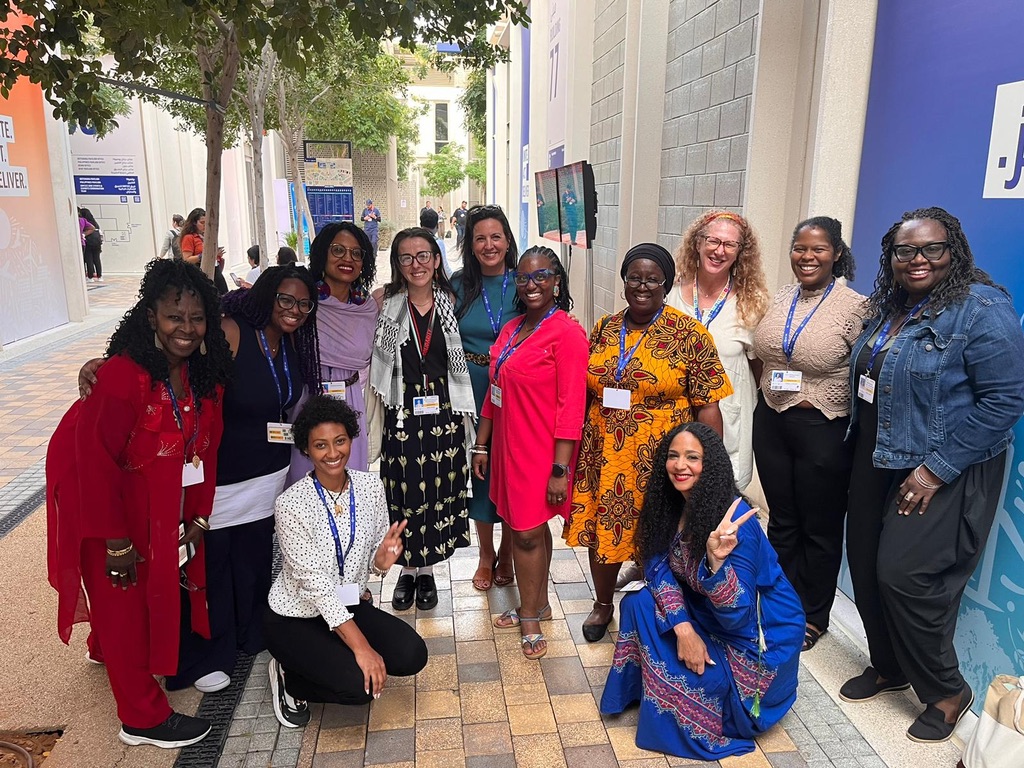90 Years Rooted in Faith: Journey through Time
90 Years Rooted in Faith: Journey through Time
As we celebrate 90 years of faithful work for justice and equity this year, we’re sharing stories of 90 Years Rooted in Faith that reflect the heart of the North Carolina Council of Churches. Each month, you’ll hear from staff and long-time friends of the Council as they highlight the transformative impacts we’ve had on our community and our vision for the future. Stay tuned for these inspiring reflections throughout the year!

I’ve been part of the North Carolina Council of Churches staff since 2011, where I design programming and advocacy efforts centered around our ‘Call to Care for God’s Creation.’ This work is guided by the principle that addressing the causes and consequences of global climate change is a moral imperative. The Council’s Eco-Justice Connection framework is ‘rooted in faith,’ seeking to connect people of faith and conscience with both the natural ecological world and the human-constructed, financially driven economic system—two realms that currently seem disconnected from the responsibilities God calls us to uphold.
As humans among millions of species, our lives are part of an interdependent web, intricately woven with existence and the experience of the Divine. My faith rests in the belief that all of God’s creation is a dynamic, spiraling force of communication that extends throughout the Universe and beyond. I hold that time is both a profound illusion and, and simultaneously, one of the deepest truths.
Could the people living at the time of Jesus’ birth have ever imagined that Earth and all its species—including humanity—would evolve into the world we know today? The Magi, the wise men who followed celestial signs, may have had some insight into what the future held, even centuries ahead. As scholars deeply versed in astronomy and perhaps early mysticism, they were trained to interpret the stars, believing that celestial events could foreshadow earthly transformations—such as the rise of great figures or the dawn of new eras.
Thoughts and questions like these inspired me to enter seminary in the 20th century and still occupy my mind today, 25 years into the 21st century, marking the first quarter of the third millennium since Anno Domini—”in the year of the Lord.” The socio-political struggles during Jesus’ lifetime resonate with the challenges we face today, highlighting the profound question of where each of us are standing in the wilderness at this moment as we face tyranny and the collapse of democracy across the United States. This question takes on many layers in the context of the global climate emergency, which affects all peoples and transcends any single religion or group.
As the North Carolina Council of Churches reflects on the past 90 years, we are also called to creatively envision what the world will look like 90 years from now, in 2115. While it’s difficult to imagine that far ahead, there are babies being born today who may still be alive then—if we faithfully answer the call to protect the people and places we love.
This is our mandate—spanning from the past to the present and into the future: to love God and ourselves enough to heal what has been harmed, and to follow the teachings of Jesus, as well as those of the great Magi who came before, who walk among us now, and those yet to be born.
To be a part of the North Carolina Council of Churches is a tremendous blessing. The work we do to educate, inspire, and mobilize our congregational network—and all those they reach—is the vital work of our time. May we honor it and continue to nurture and grow it so that it may endure, in the name of peace, love, and justice for all.
Join us in continuing this legacy of justice and courage.
Click here to donate directly to Susannah Tuttle’s fundraising page!
Your gift supports the Council’s equity and compassion work across North Carolina.







